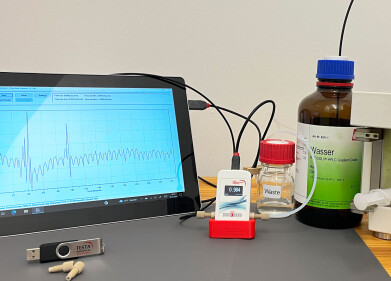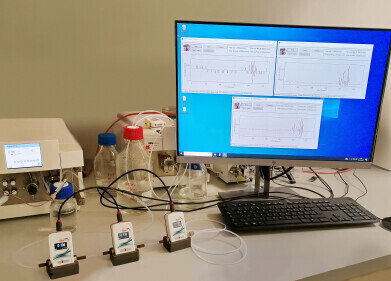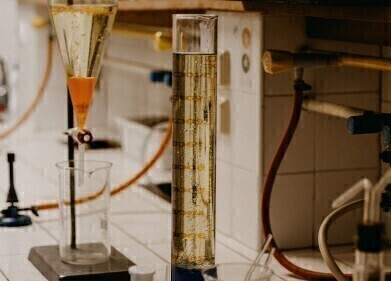Data handling
Using artificial intelligence in improving chromatography analysis
May 09 2023
The process of analysing chromatography data can be time-consuming, tedious, and error-prone, making it challenging to obtain accurate results consistently.
This is where artificial intelligence (AI) can play a significant role in improving the chromatography analysis process. AI can perform tasks that typically require human intelligence, such as perception, reasoning, and learning. By leveraging AI techniques, chromatography analysis can be automated, streamlined, and made more accurate and efficient.
One way in which AI can be applied in chromatography analysis is by developing machine learning models that can predict the properties of unknown samples based on previous data. For example, if a chromatography instrument is used to separate a mixture of compounds, a machine learning model can be trained to recognize the peaks corresponding to each compound and predict their properties such as molecular weight, polarity, and solubility. This can significantly reduce the time and effort required to analyze chromatography data and increase the accuracy and reliability of the results.
Another area where AI can be beneficial in chromatography analysis is in the development of automated systems that can optimise the chromatography process. For example, AI algorithms can be used to design the optimal separation conditions, such as the choice of stationary phase, mobile phase, and gradient elution conditions, to achieve the highest resolution and sensitivity. AI can also be used to monitor and control the chromatography process in real-time, making adjustments to the conditions as needed to ensure optimal performance.
Additionally, AI can be used to develop data processing algorithms that can extract meaningful information from the vast amounts of chromatography data generated in modern analytical laboratories. For example, AI algorithms can be used to identify patterns and trends in the data, such as correlations between the properties of different compounds or changes in the composition of a mixture over time. This can provide valuable insights into the underlying chemistry of the sample and help to identify potential contaminants or impurities.
In conclusion, AI has the potential to revolutionise the field of chromatography analysis by enabling faster, more accurate, and more efficient data processing. By automating the chromatography analysis process, AI can save time and reduce the risk of human error, allowing scientists to focus on more complex and challenging analytical problems. As the technology continues to evolve and become more widely adopted, we can expect to see further advances in the field of chromatography analysis and in the wider field of analytical chemistry.
More information online
Events
May 11 2025 Vienna, Austria
May 18 2025 Tempe. AZ, USA
May 21 2025 Birmingham, UK
Jun 01 2025 Baltimore, MD, USA
Jun 15 2025 Bruges, Belgium














